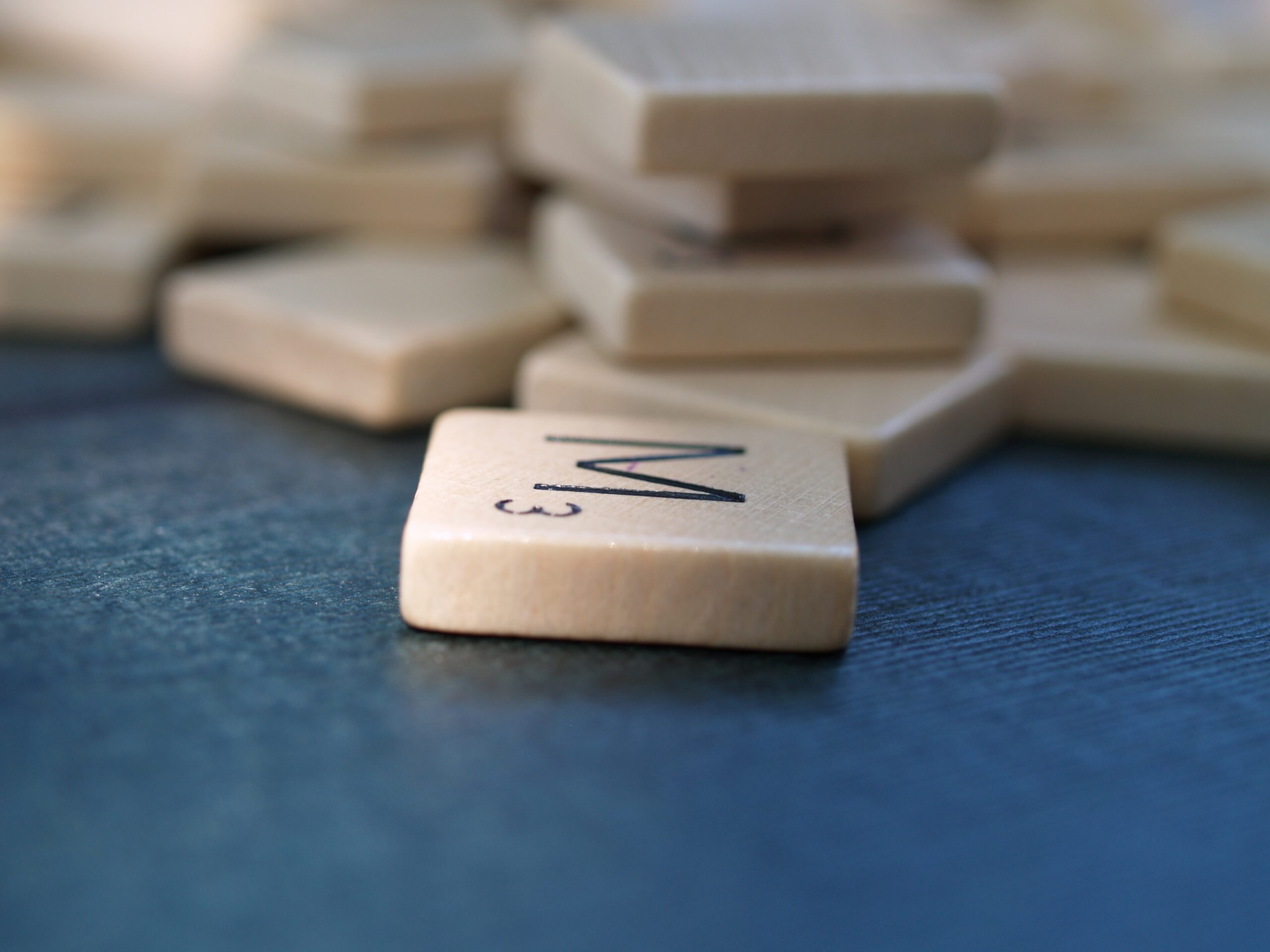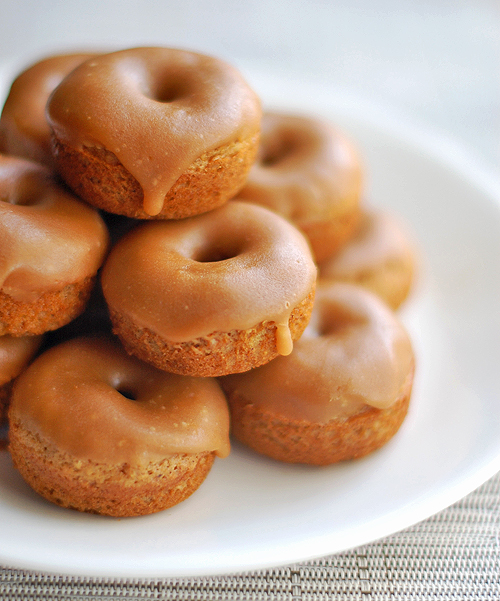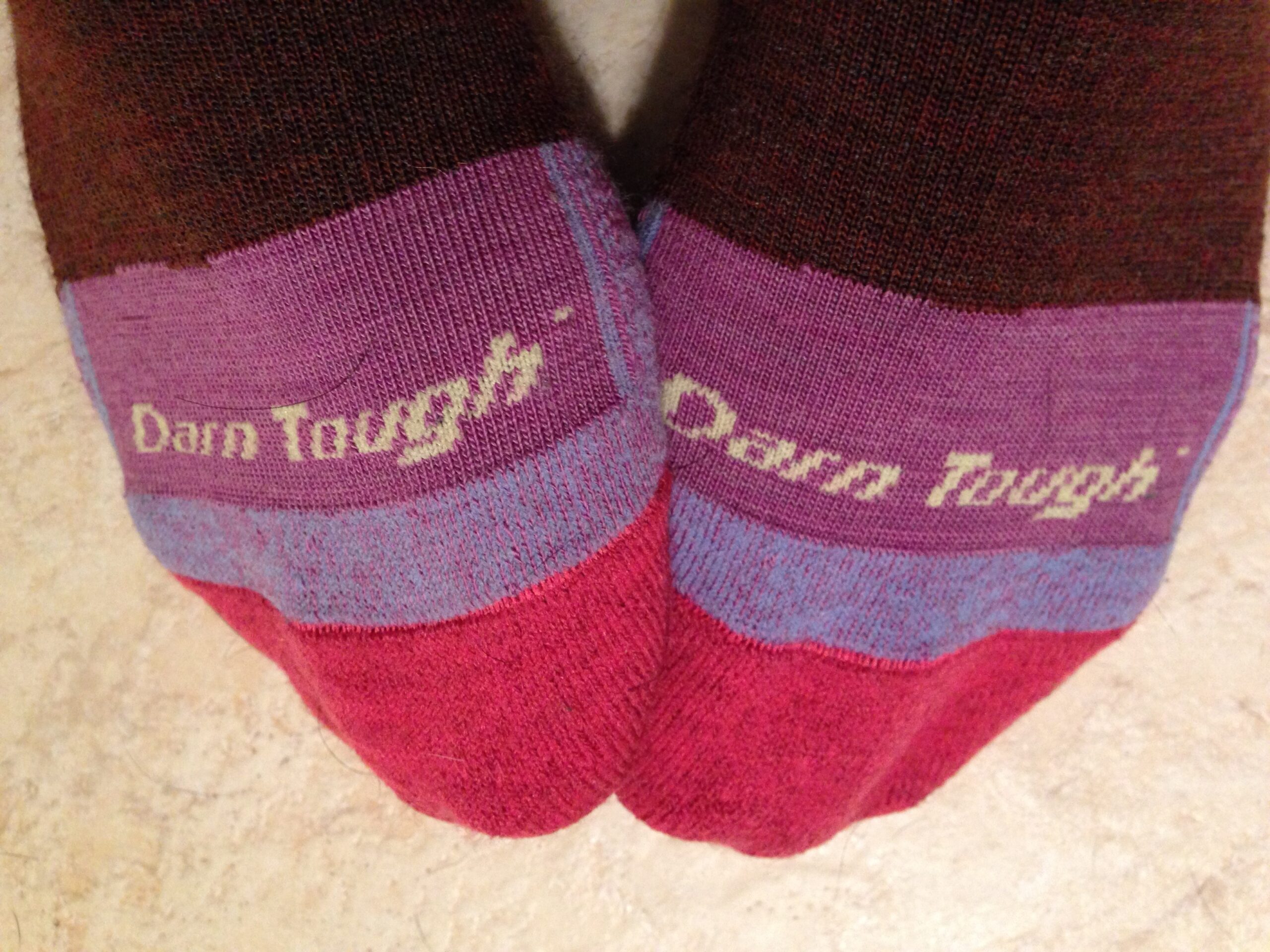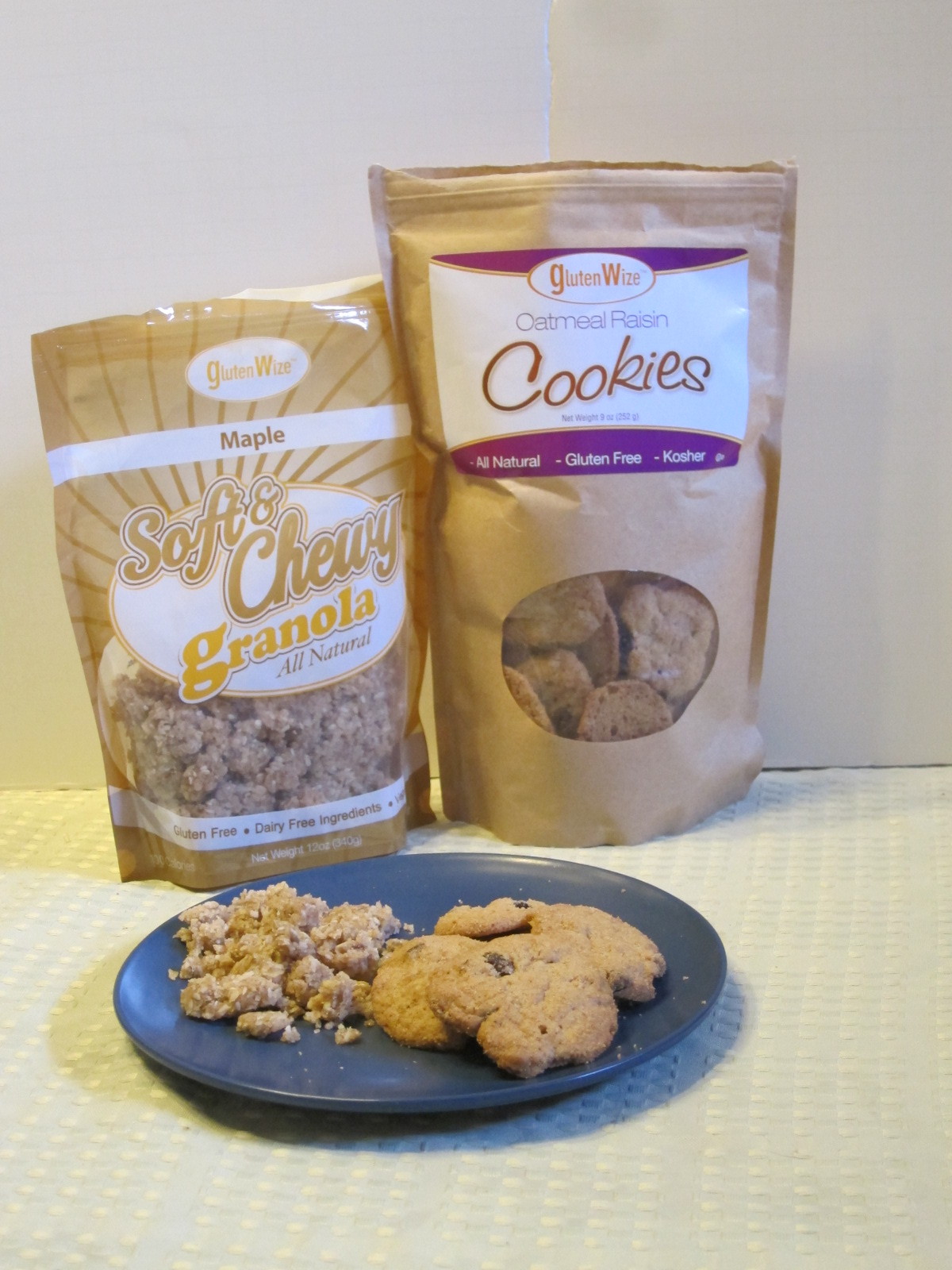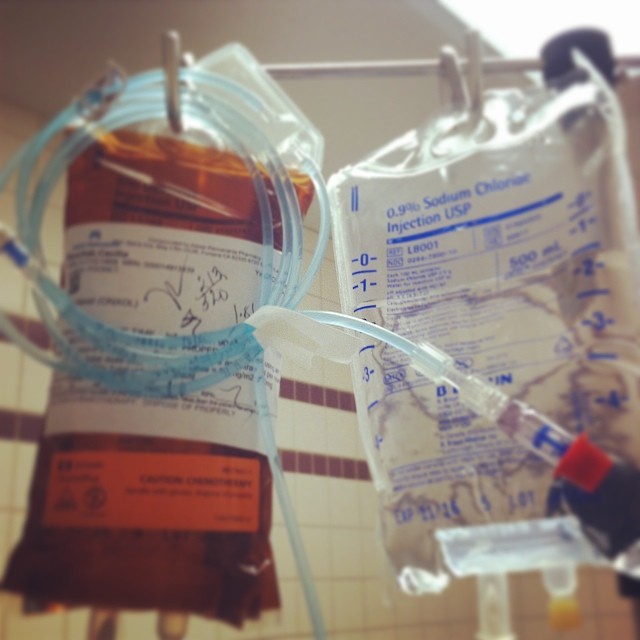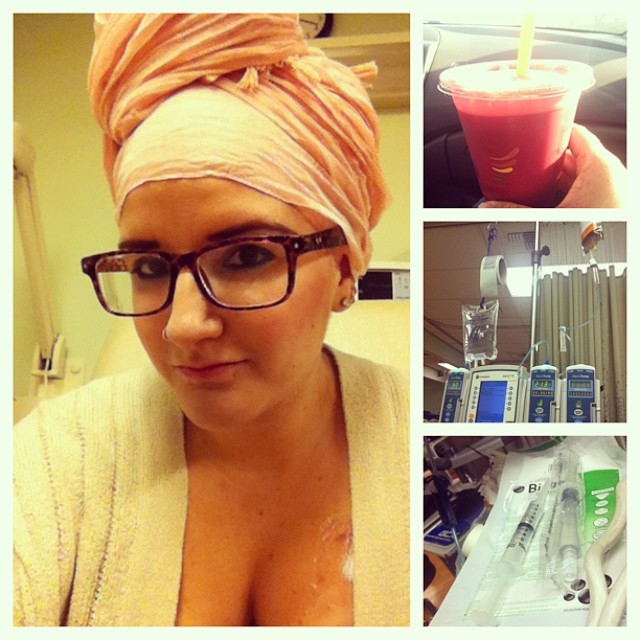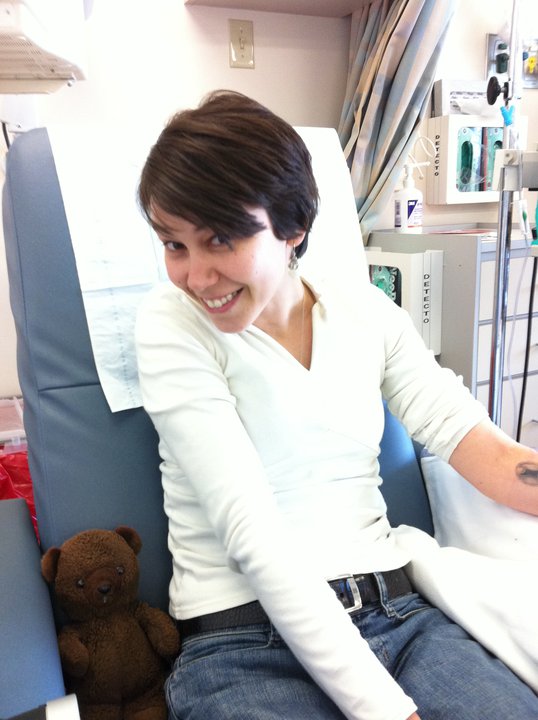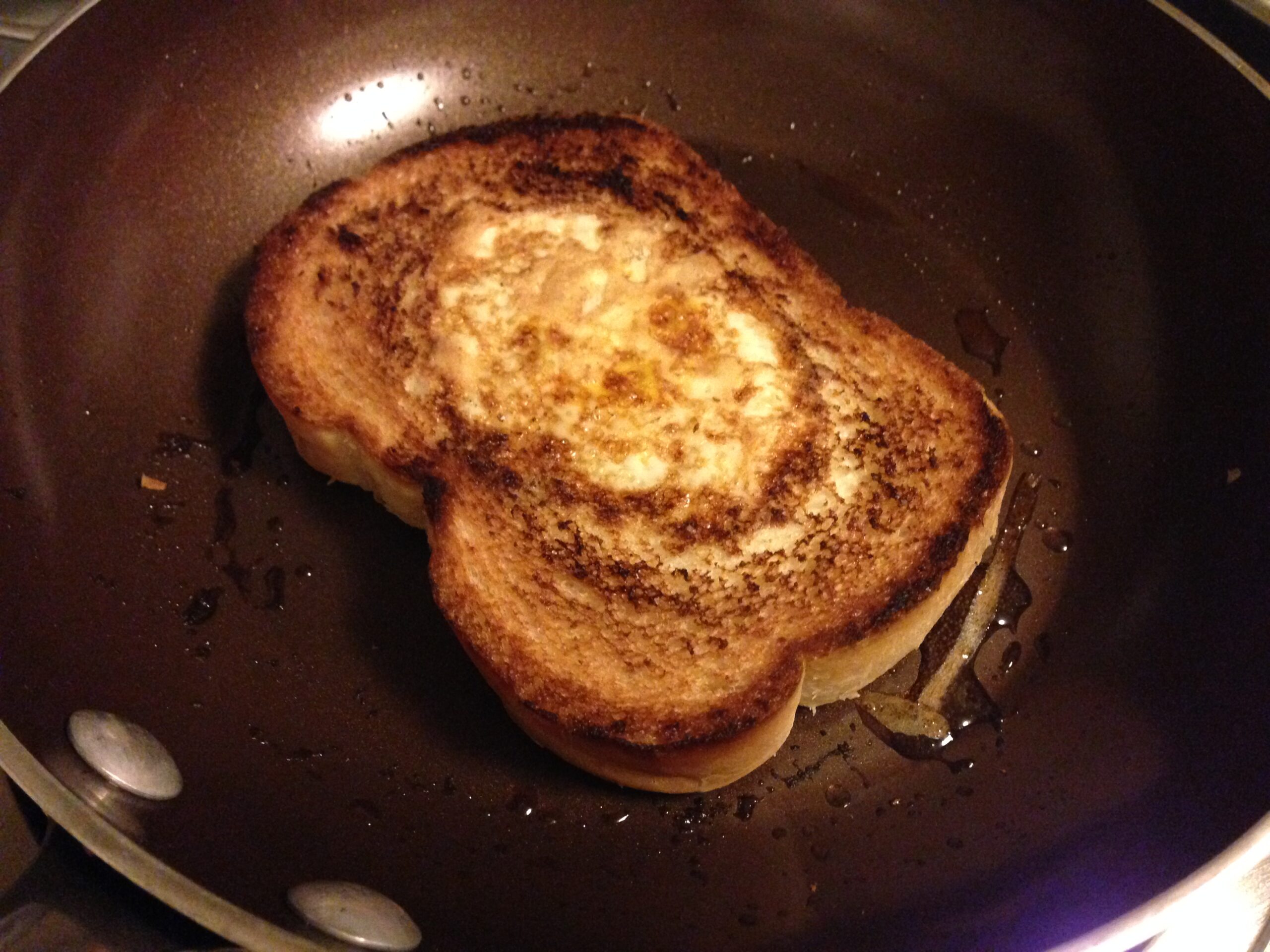Let me start this off by saying that I read a LOT of Buzzfeed, which means I often think of things in lists. So when brainstorming my next blog post, I figured, I may as well post a list!
There is so much that changes in your life when you get cancer, regardless of age; but when you are diagnosed with cancer in your 20s, there is a whole set of other issues, scenarios, and such that you will encounter. Keep in mind, this list is based solely off of my own experiences & experiences I have heard of from fellow young cancer fighters. Also, I believe laughter is an incredibly healthy release, so while some of these will be serious, many will have a sense of humor behind them. I would LOVE to develop this list as well, so feel free to comment with your own experiences & your own items that you think should be on the list!
1) Your reproductive status will be thrust into nearly every conversation. For me, this was extremely uncomfortable. Your oncologist will talk to you about meeting with a reproductive counselor, (and maybe your surgeon, plastic surgeon, cardiologist, random medical resident, other cancer survivors, family, friends, etc). This was not something I was ready for at 24, preparing to start grad school. I was also not prepared to have that conversation with the random heart surgeon medical resident who sat in on my EKG. For some people, this forces them to consider if they would like children & how to go about increasing their chances of having them after chemo (& whatever surgical procedures they must endure). This forces them to consider adoption, IVF, & surrogacy. For me, this was something I pushed aside. I was not ready to even begin thinking about children, which I was never sure I wanted in the first place. Plus, I’ve also thought I would adopt before having my own children. It definitely shocked some people that I didn’t seem worried, but own it. It’s your life, your body, your cancer experience, your future.
2) You will, through no negative intentions, become the sad story of any cancer support group you go to. (This may be different, depending on your cancer, but I’m basing this off of my breast cancer). Women in their 20s don’t get breast cancer. You don’t even need to start your routine mammogram for another 20 years. So when you go to a support group (whether that be online or in person) & introduce yourself as a 24 year old with breast cancer, everyone is shocked. The reactions range from pitying you, to being impressed by your strength (do we really have any other option), to being shocked, to immediately asking you questions because they want to make sure their daughters & granddaughters are safe; but almost always, they want the WHOLE story. Sometimes, the extra support, & what I call being “mommed” by the other women is comforting. They want to take care of you because they see their children & grandchildren in you. Other times, feeling like you’re the sob story of the cancer support group is too much to take. Regardless, do what is best for you. Talk about it in detail or ask for your space.
3) Your friends will fall into one of two categories. Seriously though. Some friends will be absolutely amazing, sending you cards & boxes filled with goodies. They will come stay with you to help you out through surgery & chemo. They will take on extra tasks to make your life easier. Others will back away, even tell you they don’t want to talk about your cancer. They won’t know how to react & will inevitably say the wrong things. Don’t sweat it. I know it’s tough to lose friends, but focus on the ones that are nothing short of a miracle through this (& there will be some). Focus on the ones that ask how you’re doing & make sure that you’re okay when you’re together, but also talk to you like you’re still your pre-cancer self & realize that there is still so much more to who you are than a cancer fighter.
4) You will become self-conscious. This isn’t exclusive to those with cancer in your 20s, but I feel, overall, it’s a bigger deal when you’re younger. Many, MANY things will change about your appearance, depending on your cancer & your treatment (surgery, radiation, chemotherapy). Some possible changes are hair loss (everywhere, head, legs, eyebrows, eyelashes, arm pits), acne, weight gain, weight loss, blemishes, skin burning, scars, loss of body parts (for me, my breast), new body parts (again, a new breast), bloating, bags under your eyes, rashes, nail changes, darkening of the hands & feet, & I’m sure there are others. You’re supposed to look your best in your 20s. Instead, I look my worst. Losing your hair was one of the hardest parts of this whole cancer experience for me, but then I got acne like I was a 14 year old boy. I think this may be more frustrating. I’m now used to being bald – granted there are still hard days, but I think I can rock it. & I look forward to all the exciting short hairstyles I get to try as it grows in. For the days I can’t handle a beanie or head scarf, there’s my wig (check out American Cancer Society for a free wig!). But you will have days where you feel incredibly self-conscious & you don’t even feel like you look like yourself. When you physically feel like shit more days than not & you’re emotionally drained from this all, feeling as though you are unhappy with how you look is definitely enough to push you over the edge. Take advantage of the Look Good Feel Good classes (again, American Cancer Society). Treat yourself to a cute new outfit, a cute new head accessory for your bald head, some new makeup, or whatever will give you that extra confidence boost. & remember, this is only temporary. You’re body is doing A LOT right now, including keeping you alive & fighting, so appreciate it.
5) You will feel isolated. This again, is not unique to people with cancer in your 20s, but there’s another level of isolation that comes with it. When you get cancer in your 50s, 60s, 70s, you inevitably know someone who has gone through cancer, who has died of cancer, who is actively pursuing treatment, etc. When you are in your 20s, odds are you don’t have a friend or family member near your age who can relate. You may not have even ever known anyone who has had cancer. My dad had cancer in his 30s & died of brain cancer at 37, so young cancer was something I vaguely had a sense of. I still felt unbearably isolated at times. I would go to support groups & be the youngest one there by easily 20 years. I would go into cancer centers & have all the magazines be geared towards the retired population (AARP, Golf, Redbook, which was actually quite funny). I would constantly have medical professionals tell me how young I am (yes, I’m aware). I wouldn’t know who to talk to because the feelings & experiences I’m having are very different. Here is where I discovered the incredibly helpful world of online support & social media. Lacuna Loft is a great source of inspiration for all young cancer survivors, fighters, & supporters (but if you’re reading this, odds are you already know that). Young Survival Coalition is a great online support (complete with group postings & conversations) for breast cancer fighters & survivors under 40. Instagram has been a surprising, yet incredibly effective way for me to find support from other young cancer fighters. As Instagram is a social media source based in the younger generation, many many people who are diagnosed at a young age are sharing their stories through moving pictures on Instagram. Search a hashtag (I used #ChemoProblems, #CancerFighter #Chemo #BreastCancer #Survivor #BaldIsBeautiful & many others).
6) You will get comfortable talking about your poop. If you’re not already, you will share your pooping habits with strangers. After surgery, I was on so many painkillers, everyone was asking me about my poop. Get used to it. It’s natural (& also a little silly yes). But pooping is incredibly important to your recovery & if you’re not willing to talk about any issues you’re having, it can only make things worse. So tell your doctors, nurses, caregivers, friends, family, & realistically, whoever else you want about when you poop & when you’re struggling to poop. Tell them if it hurts, if it’s too soft, if it’s oddly colored, if it’s too often, just tell them about your poop. Every chemo treatment, my nurses ask me if I had any issues with constipation or diarrhea, & then they ask for details. I’ve told them about my slight constipation issues coupled with slight diarrhea (yes, I had both simultaneously). During my first chemo treatment, my nurse was telling me about side effects and actually said, “You can have diarrhea and/or constipation. It’s really a crap shoot”. I giggled, my boyfriend burst out laughing. It’s okay. Just make sure you TALK about it. I had to call my on-call nursing service at 3am one morning during surgery recovery because I was so constipated but had to poop & it was the worse pain I had every experienced. I thought my insides were on fire. Well, actually my mom had to call because I had to call in backup. Turns out, I’m extremely sensitive to laxatives (which I had to take, as I had not pooped in 4 days). I was then advised to stay away from laxatives & combat my constipation much earlier on. (See, told you, I now have NO problem sharing my embarrassing pooping stories with strangers). I also text my boyfriend & best friend daily updates about my poop, but that’s just me.
7) Your parents will want to take care of you. Let them. This was a tough one for me. I have prided myself on being staunchly independent. I went away (across the country) to college at 17 & have lived on my own since then. My parents have always been incredibly supportive & there when I needed anything at all, but I was determined to be independent. Then I got cancer. My mom wanted to be there for EVERYTHING (keep in mind I was in Upstate NY & she was in Southern California). She came out to live with me & my boyfriend for 2 weeks after my surgery. Then I moved back into my parents’ house for chemo. LET THEM TAKE CARE OF YOU. You have enough to handle as it is. You don’t need to do everything on your own. So I let my mom make me food & drive me everywhere (even though I can often drive myself). I let my mom sit in during my appointments. She comes in & makes my bed daily, just because that’s her. Your parents are terrified & will do anything to make sure their child is okay. I know you’re an adult, but let them take care of you. You need it just as much as they do. & you’re lucky to have that support still, as many cancer fighters are older & may not have parents alive anymore. (You may not either, but I hope that you haven’t had to experience that yet, it is horrible, I know). It is normal to move back in with your parents if you have cancer; do not look at it as a failure or a step back. Look at it as taking care of yourself so that once your treatment is through, you can move forward easier.
8) You will be the assumed spokesperson for young adult cancer for all pop culture references. The Fault In Our Stars. Chasing Life. A Walk to Remember. My Sister’s Keeper. All of a sudden, people will want your opinion on these things. They want to know if that’s what it’s really like (yes & no). They want to know your opinion on the stories. You may want to give them, you may not. But you will be asked. Or you will be strongly suggested to stay away from these stories because people think you can’t handle it. You may not be able to read a story about a young cancer patient yet. Or you may want to read all of the stories about cancer patients, nonfiction & fiction. Just know, it’s up to you. I for one, love The Fault in Our Stars & think it handles the thoughts of cancer fighters quite well, that odd mix of humor, depression, cynicism, hope, love, support, & struggle. The verdict is still out on Chasing Life, but as of right now, I do not like it at all. But that’s just me. Another young cancer fighter might completely disagree. People should remember that young cancer fighters, like all people, have a varying degree of opinions on things & you can’t ask one person to speak for all.
9) You may have problems with doctors not believing you have cancer. I personally haven’t experienced this, but have had heard so many stories that I felt it was important to include. Many concerns may get postponed & may be brushed off as nothing. I almost didn’t have my lump tested because I’m only 24 so it had to be a cyst, right? Luckily, I asked to have the biopsy. Facing some resistance from medical professionals is normal (unfortunately) but listen to your body. If you feel like something is wrong, speak up, & don’t stop speaking up until you feel comfortable with your response. Push to have tests done, see different doctors, ask for second & third opinions, BUG THEM. You know your body. You know when something’s not right.
10) You will face your own mortality way too early. It’s true. Most people spend their 20s thinking their invincible & living it up. Instead, you are suddenly faced with a life-threatening illness & everything changes. You don’t have the same priorities as your friends, you don’t have the same day to day as your friends, you are just focused on surviving. This is something I’m still struggling with everyday. I won’t write too much on this, because it’s unique to each individual, & to be honest, I’m not sure I have it all figured out myself, but just know you’re not alone.
Have you experienced similar truths to having cancer in your 20s? Let us know in the comments!






